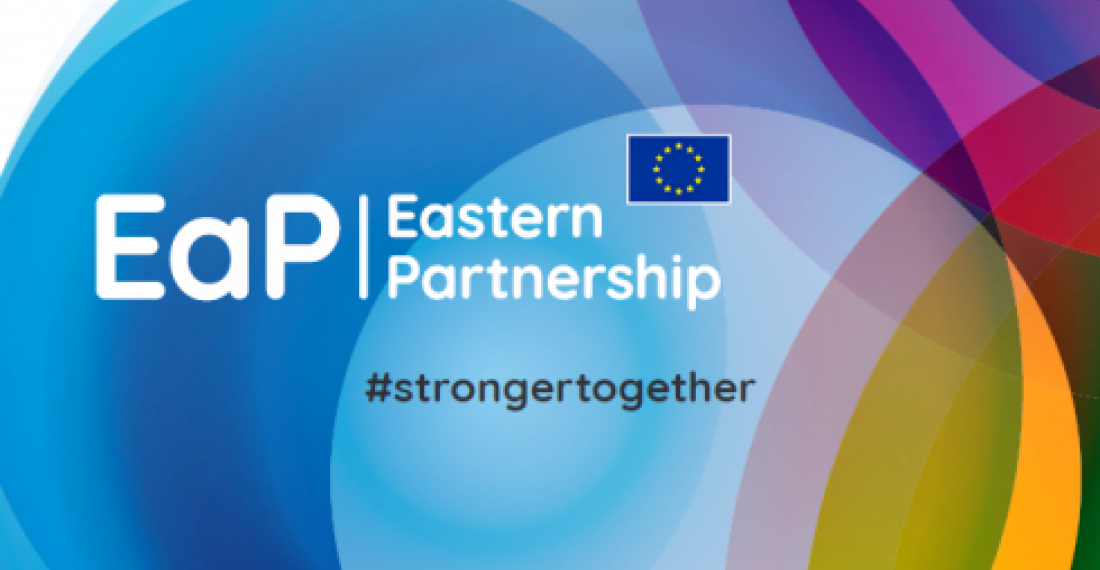The European Union has set out the vision for making the Eastern Partnership a framework for cooperation, allowing participants to tackle common and global challenges jointly in a wide range of areas, especially in the current unprecedented situation caused by the COVID-19 pandemic. The Eastern Partnership is the framework that unites the European Union, and its institutions and member states, to the six neighbouring countries to the east: Armenia, Azerbaijan, Belarus, Georgia, Moldova and Ukraine. Georgia, Moldova and Ukraine are also Associate states of the EU.
At a meeting of the Council of the EU on Monday (11 May) the 27 member states approved conclusions on the Eastern Partnership policy beyond 2020, reaffirming its strategic importance, and the joint commitment to building a common area of shared democracy, prosperity and stability.
In its conclusions the Council welcomed the significant achievements of the Eastern Partnership to date, and reiterated its incentive- and conditionality-based approach as a means to encourage Eastern partner countries to continue engaging in reforms and increasing efforts in this regard.
The Council also stressed the importance of the future Eastern Partnership being a more strategic, ambitious, flexible and inclusive framework for cooperation, allowing participants to tackle common and global challenges jointly in a wide range of areas, especially in the current unprecedented situation caused by the COVID-19 pandemic.
The conclusions call firmly for a renewed commitment to the fundamentals of the Eastern Partnership. These include democracy, human rights, rule of law, good governance, and successful anti-corruption policies, but also economic reforms, environmental, climate and energy challenges, digital transformation and investing in people.
Finally, the Council said it looks forward to the next Eastern Partnership Summit, which is expected to review the results achieved since the last Summit in 2017, endorse long-term policy objectives, and set out the way forward in further strengthening and deepening cooperation, as well as give a mandate for preparatory work on the next generation of post 2020 deliverables.
The document "Council conclusions on Eastern Partnership policy beyond 2020" is available here
source: commonspace.eu with the press service of the Council of the European Union






